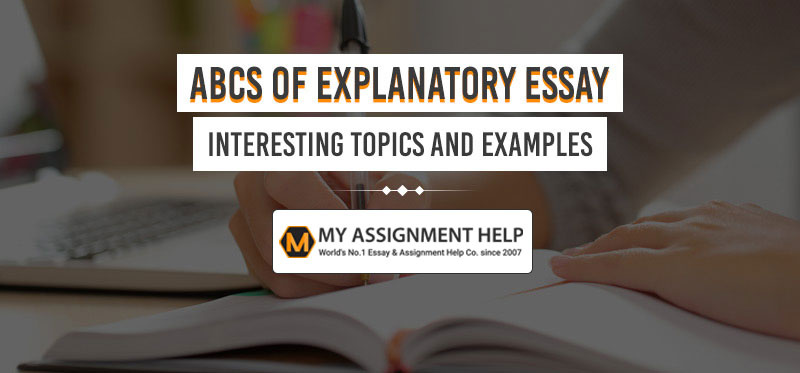-
What Happens When Imagination Meets Strategy
Before drafting, it’s crucial to read the instructions thoroughly and identify key requirements. Pay attention to word count, formatting style, and any specific questions posed by your instructor. A common pitfall for students is starting with broad ideas and gradually narrowing them down; instead, begin by focusing on a clear and specific thesis statement. Your thesis will serve as the backbone of your work, guiding your arguments and ensuring coherence.
Developing critical thinking is integral to producing high-quality essays. It’s not enough to summarize information or regurgitate facts from textbooks; academic writing calls for analysis, evaluation, and the ability to present a reasoned argument. When working on a topic, ask questions like “Why is this significant?” or “What are the potential counterarguments?” This analytical mindset allows you to delve deeper into the subject matter, uncovering insights that might otherwise be overlooked.
In addition to critical thinking, creative approaches can enhance the originality and appeal of your work. While academic papers demand formality, that doesn’t mean they must be devoid of creativity. Strive to connect disparate ideas, propose novel perspectives, or incorporate case studies and examples that illustrate your points in compelling ways. A creative approach often makes your writing stand out, demonstrating an ability to think outside the box while remaining grounded in academic rigor.
One often-overlooked aspect of academic writing is the importance of research. Reliable and diverse sources lend credibility to your work and enrich your arguments. Begin by exploring academic journals, books, and reputable online databases. As you gather information, take meticulous notes, and always cite your sources. Developing a theoretical framework early on can also strengthen your work. This framework provides a structured lens through which to analyze your topic, grounding your arguments in established theories or models. If you’re wondering, “What is theoretical framework?” it’s essentially a conceptual structure that guides your research and helps you interpret findings within the context of existing knowledge.
Outlining your ideas before drafting is a step that should not be skipped. A well-thought-out outline acts as a roadmap, ensuring logical flow and preventing tangents. Break down your essay into clear sections: introduction, body, and conclusion. The introduction should capture the reader’s attention, provide necessary background information, and present your thesis statement. Each body paragraph should focus on a single idea, supported by evidence and analysis. Finally, the conclusion should tie together your main points and restate the significance of your thesis in light of the arguments presented.
Good writing is a process of refinement, so don’t expect your first draft to be perfect. Revisit your work with a critical eye, looking for areas that lack clarity, coherence, or depth. Editing is about more than just fixing grammar and spelling errors—it involves restructuring sentences, improving transitions, and ensuring that your arguments are persuasive and well-supported speedypaper.com/blog/what-is-a-theoretical-framework. Peer reviews can also be invaluable, as they provide fresh perspectives and constructive feedback.
Time management plays a pivotal role in the quality of your academic writing. Procrastination often leads to rushed and underdeveloped papers. Start early, set realistic goals for each stage of the process, and allocate sufficient time for research, drafting, and revising. Breaking the task into manageable chunks reduces stress and allows for greater focus.
Another key to success is understanding the audience. Your professors are likely your primary readers, and they’ll evaluate your work based on how well you meet the assignment criteria, demonstrate subject knowledge, and engage with scholarly debates. Write with clarity and precision, avoiding jargon unless it’s necessary for the topic. When introducing complex ideas, explain them thoroughly, ensuring they’re accessible to readers unfamiliar with the subject.
For many students, academic writing is also an opportunity to express individuality. While adhering to academic conventions, your voice should shine through. Be confident in your arguments, but remain open to alternative viewpoints. This balance of conviction and curiosity fosters a nuanced approach that reflects intellectual maturity.



